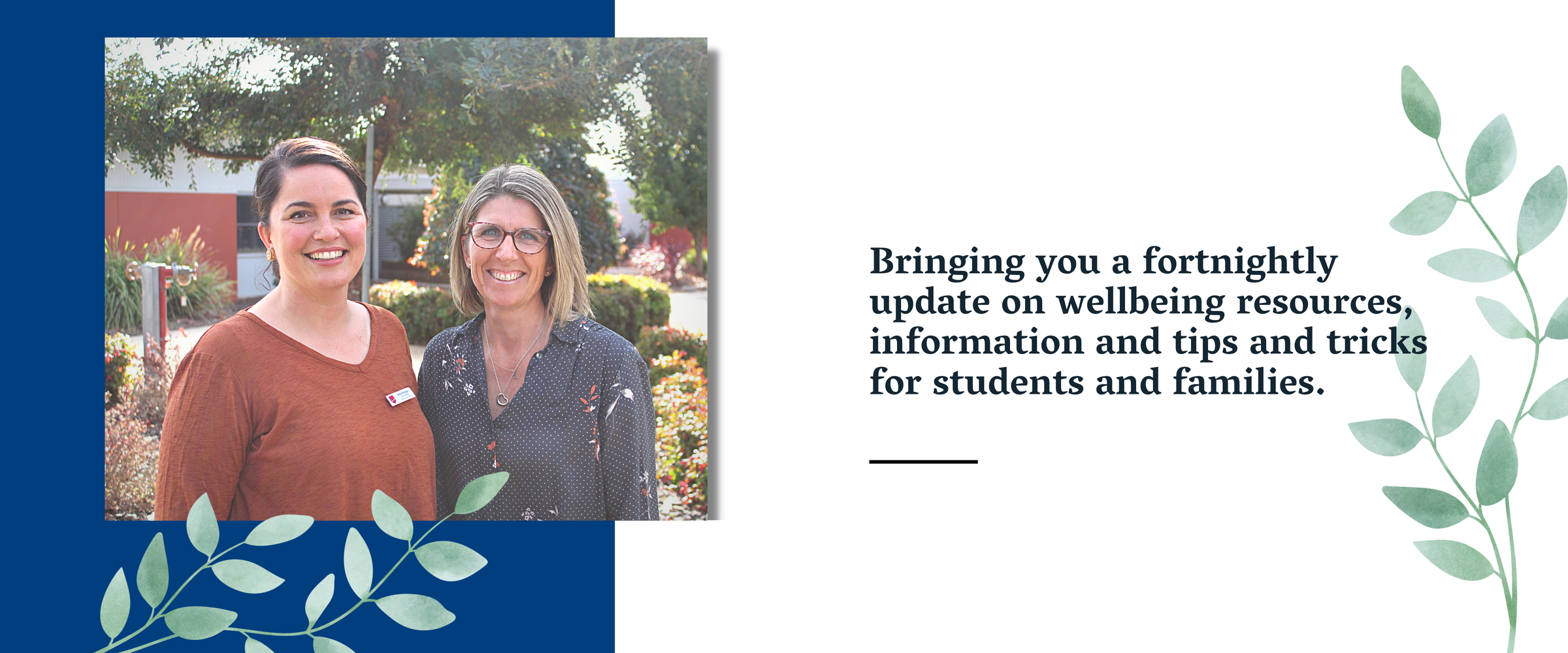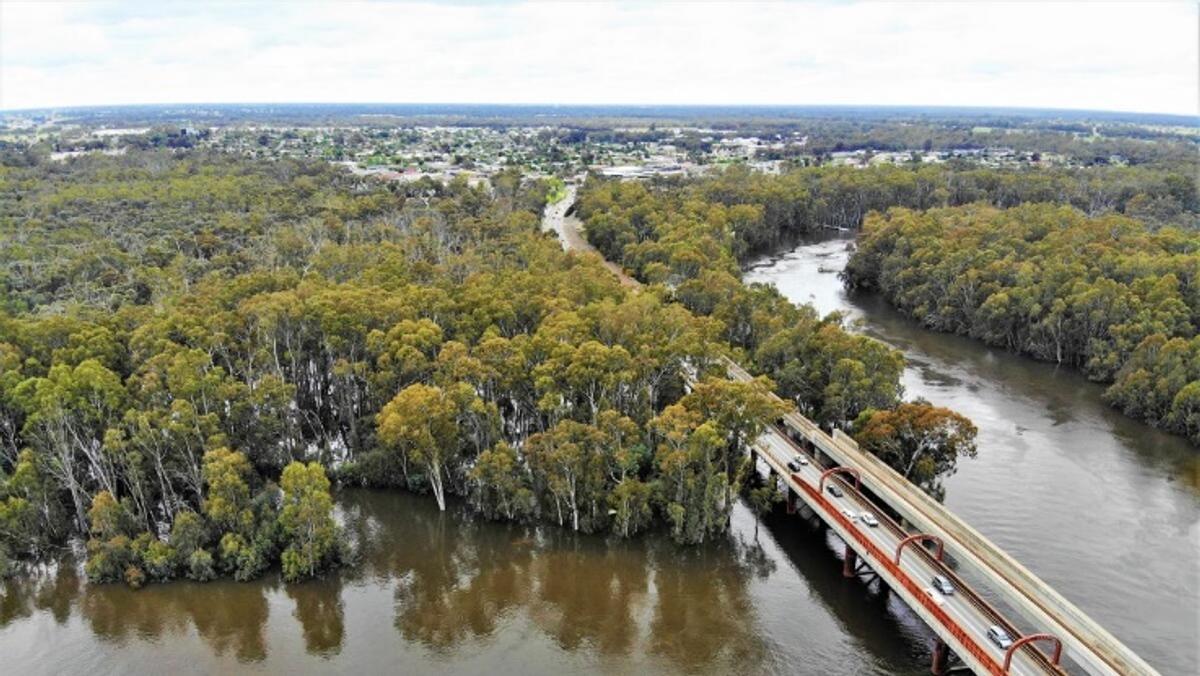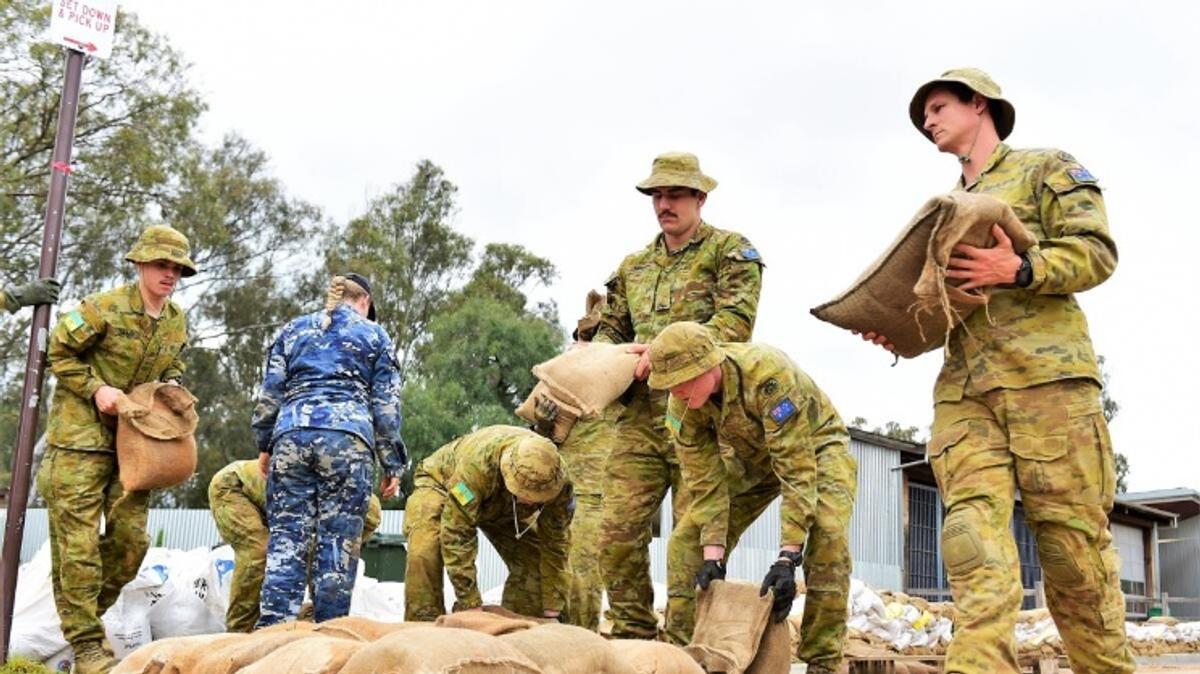Supporting Your Child & Yourself After a Flood
As our community continues to manage the floods and face uncertainty, we can find ourselves experiencing a wide range of emotions. It is important to know there is no right or wrong way to react to a traumatic event.
People have had different personal experiences of the floods and have been impacted in various ways. This can cause of number of intense emotions such as sadness, anger, fear, guilt, gratitude and helplessness.
It is at times like these it is important to seek support for ourselves and our children to move forward and engage in things that are important to us.
Supporting your child:
Young people are especially vulnerable to the effects of natural disasters. For many of the young people in the community this might be their first experience of a flood. They are exposed to news, images and stories through friends, family and social media. This may impact their view of the world and they may become focused on the unpredictability of the situation and the future.
Below are some tips on how you can support your child’s recovery after a flood:
- Listen and remain curious
- Look for changes in your child’s emotions and behaviour
- Reassure them
- Be a positive role model
- Understand each child’s unique needs
- Give your child extra time and attention
- Don’t expect perfection in yourself
- Return to your routines
- Look after yourself
- Ask friends and family for support
- Re-establish social connections
- Stay connected with your child’s school or Early Learning Service (ELS)
- Return to favourite activities
- Take time to reflect
- Plan things that bring joy
- Don’t put off seeking professional support
Supporting Yourself:
As a parent and caregiver, you have an awful lot on your shoulders after experiencing a flood. You’re working hard to support your child through the trauma and ensure your family’s basic needs are met, as well as coping with your own feelings of loss and grief.
Below are some general tips to help you recover from a flood (taken from the Australian Psychological Society):
- Recognise that you have been through a distressing experience and give yourself permission to experience some reaction to it. Don’t be angry with yourself for being upset.
- Remember that there is no right or wrong way to feel.
- Remind yourself that you can and are coping.
- Spend time with people who are predictable, familiar and respectful.
- Do not try to block out thoughts of what has happened. Gradually facing what has happened can assist you to come to terms with a traumatic experience.
- Avoid ‘bottling up’ your feelings – share your experiences with people you trust when opportunities arise. But don’t feel pressured if you don’t want to talk now – this is also OK.
- Find other ways to express your feelings, e.g. through a diary or art work.
- Try to maintain a normal routine. Structure your day and try to have a balance between being busy and productive and allowing time to reflect and process your feelings and thoughts.
- Allow yourself time to rest if you are feeling tired. Regular exercise is also important.
- Make time to practise relaxation. You can use a formal technique such as progressive muscle relaxation, or just make time to absorb yourself in a relaxing activity such as gardening or listening to music. This will help your body and nervous system to settle and readjust.
- Avoid overuse of alcohol or other drugs to cope.
- Avoid making any major decisions or big life changes.
- Make sure you do not unnecessarily avoid certain activities or places.
- Ask for support from people who care about you and whom you trust. Social support is enormously helpful in times of crisis.
- Let your friends and family know of your needs. Help them to help you by letting them know when you are tired, need time out, or want a chance to talk or just be with someone.
- If your recent experience stirs up other memories or feelings from a past unrelated stressful occurrence, or even childhood trauma, try not to let the memories all blur together. Keep the experiences separate and deal with them separately.
- Keep reminding yourself that things will get better, and you do have the ability to manage.
- Give yourself time to adjust. Resilience is the norm, but it can take a while to bounce back
Click on the below links to gain more information and support:
Murray River Council - https://www.murrayriver.nsw.gov.au/Our-Services/Flood-and-emergency-management/October-2022-flood-information-and-updates
Campaspe Shire - https://www.campaspe.vic.gov.au/Our-services/Emergency-management/Flood-event-2022
Emerging Minds: https://emergingminds.com.au/resources/looking-after-your-wellbeing-following-a-flood/
Emerging Minds: https://emergingminds.com.au/resources/how-to-support-your-child-in-the-weeks-after-a-flood/
Headspace: https://headspace.org.au/explore-topics/supporting-a-young-person/natural-disasters/
Emily Flanigan - Social Worker
Liz Smith - Student Counsellor




